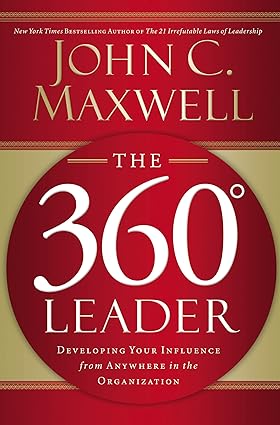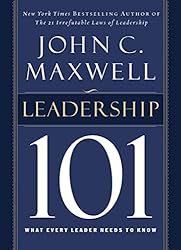Thomas Whately (1726 – 26 May 1772), an English politician and writer, was a Member of Parliament (1761–1768), who served as Commissioner on the Board of Trade, as Secretary to the Treasury under Lord Grenville, and as Under-secretary of State under Lord North (1771–1772). As an M.P. he published a letter on the reasonableness of the Stamp Act, 1765, which earns him a place in the events that led to the American Revolution.
Whately was the author of Remarks on “The Budget,” or a Candid Examination of the Facts and Arguments in that Pamphlet (1765), rebutting David Hartley’s attack on Grenville’s financial schemes, and he also defended his chief in Considerations on the Trade and Finances of the Kingdom and on the Measures of the Administration since the Conclusion of the Peace (3rd edit. 1769).[1]
Whately has sometimes been credited with the authorship of a pamphlet on the Present State of the Nation (1768; appendix, 1769), but it was drawn up, under Grenville’s supervision, by William Knox. A second pamphlet, The Controversy between Great Britain and her Colonies reviewed (1769), attributed to him and included in John Almon’s Collection of Tracts on Taxing the British Colonies in America (vol. iii. 1773), was also written by Knox.[1][2]



















